The lovely weather we have just had in the Czech Republic comes with a major downside: 75 per cent of Czech territory experienced exceptional or extreme drought this summer. What is the real estate industry doing to help alleviate the situation and will it be enough?
The problem is becoming critical. Droughts are becoming a common occurrence over much of Europe due to climate change, but the Czech Republic is being especially hard hit, experiencing drought over a majority of its territory for six years in a row now. The country’s resilience to drought has been weakened by four decades of Communist collective agriculture that left the landscape unable to retain water and by a plague of bark beetle that is endangering the nation’s forests, which are important water reservoirs. The EU says the Czech Republic has one of the lowest levels of water resources per capita in Europe.
HUG THE TREES
In July a group of experts urged Czech lawmakers in an open letter to step up efforts to deal with drought and water management, which they argued “is solely dependent on precipitation”. They called for a major improvement in water management policy that takes into account the landscape as a whole.
The government has responded to the crisis by approving in July an amendment to the current Water Act. This will establish expert committees – headed by regional governors and comprising weather experts, hygiene officers, policemen and firefighters – who will be authorised to undertake large-scale measures at times of extreme droughts, such as regulating the consumption of surface water not only by individual households, but also by companies and agricultural cooperatives.
By itself, this will not be enough to avoid future situations when strict rationing and limits on industrial production will have to be introduced. Some experts estimate it could take up to CZK500 billion of investment over the coming 30 years to ensure water security, including training new experts in land and water management.
CONCRETE STEPS
Encouragingly, the real estate sector is already taking steps to cut the amount of water that is consumed by and within buildings. A growing number now have grey water, rainwater retention systems, as well as vegetation-covered roofs and facades, which provide thermal insulation, natural air conditioning and retention space for rainwater – 1 sq m of green roof can hold more than 35 litres of water. The Ministry of Environment is considering making obligatory the building of green roofs on industrial halls and shopping centres.
According to the local branch of the Green Building Council (GBC), the Czech Republic now leads the way in Central and Eastern Europe (CEE) in constructing sustainable buildings, with more green certificates (BREEAM, DGNB, LEED, SBTool) awarded to buildings here than in Poland, Hungary, Slovakia and Romania. The Czech Green Building Council lists 114 buildings with such internationally recognised certificates, about a third of which are industrial facilities. Notable examples include Amazon’s distribution centre in Dobrovíz, built by Panattoni Europe, which the GBC In August included on its list of top 10 most environmentally friendly facilities built in the Czech Republic over the past decade.
Savills, which joined the GBC earlier this year, believes the council is playing a key role in helping to foster innovative solutions that will create sustainable environments and practices across the real estate market and construction industry. The meetings and events we attend through the GBC are crucibles where ideas are born and experience is shared, not only from within the Czech Republic but also from abroad.
The next GBC event will be a workshop on “The Circular Economy in Buildings”, jointly hosted by the Royal Institution of Chartered Surveyors (RICS) and Institut Cirkulární Ekonomiky (INCIEN), at Prague’s Hotel Jalta at 5pm on 17 September. The workshop will discuss creating buildings that address the challenges and solutions for achieving material, water and energy savings, and will offer a view from three perspectives: the circular economy in construction, fit out and tenant behaviour.
While Savills is not a developer as such and has no direct influence on what sustainable features will be incorporated into buildings, we can and do affect developers in the sense that we recommend these elements, because tenants are increasingly asking for them. In our experience, if a building is not a sustainable building, it is becoming more difficult to rent.
As Sophie Chick, Head of Department at Savills World Research, pointed out in an interview about environmental, social and governance (ESG) investing, or so-called ‘impact investing’: “Tenants often say they’ve got a younger demographic of workers coming through and those people expect more of a co-working environment that has places to socialise, green walls, accessibility, plus health and wellbeing benefits. ESG can give you a broader pool of potential tenants, and help you avoid and reduce vacancies.”
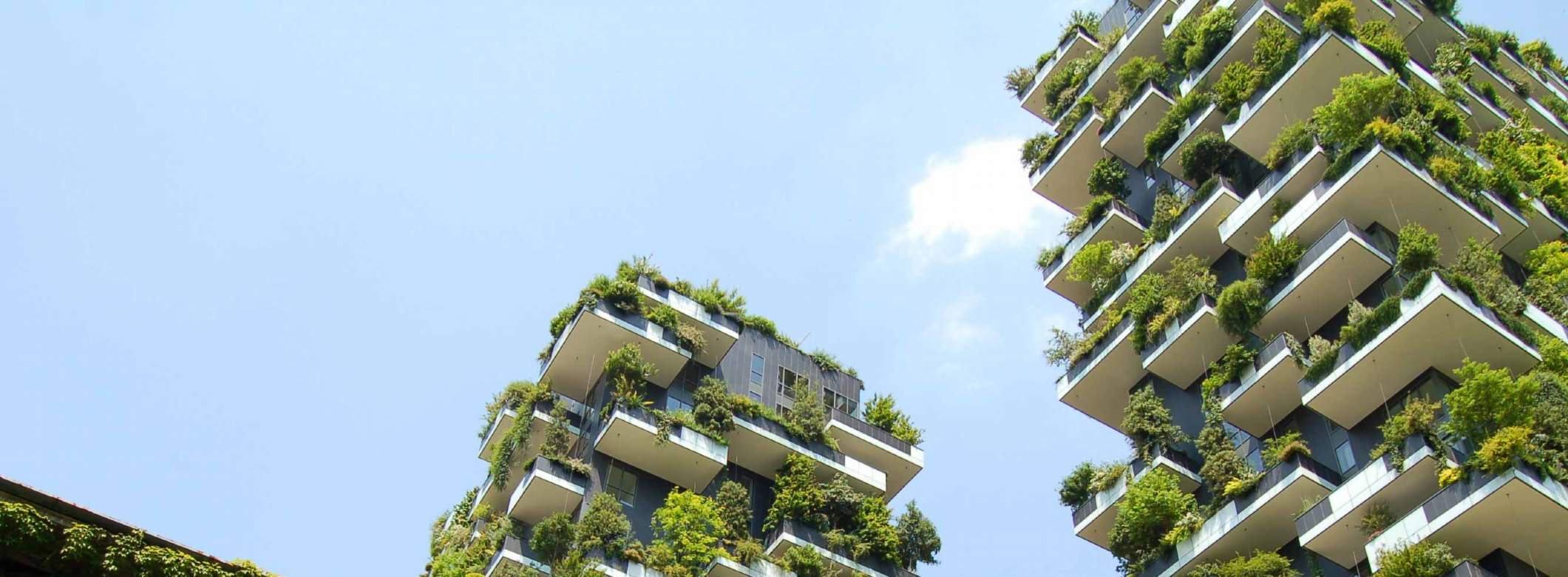

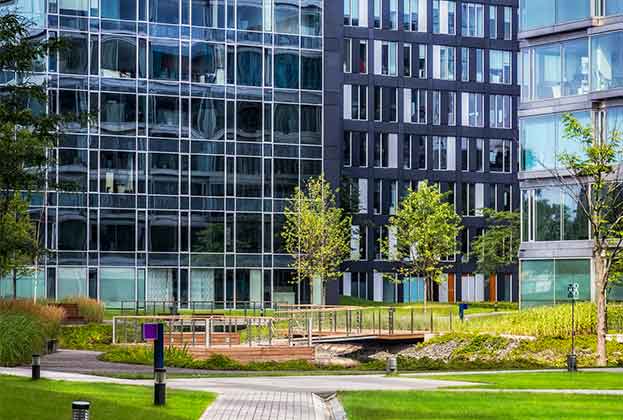
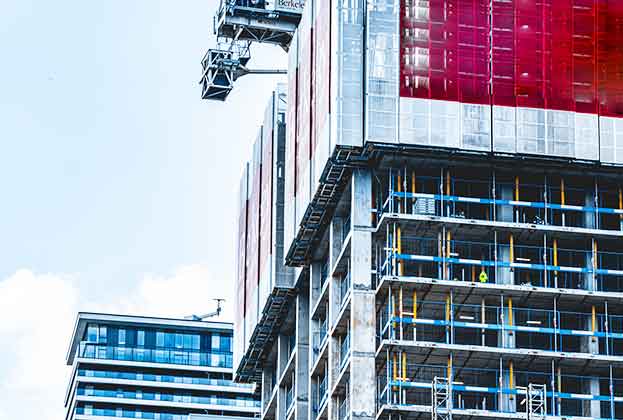

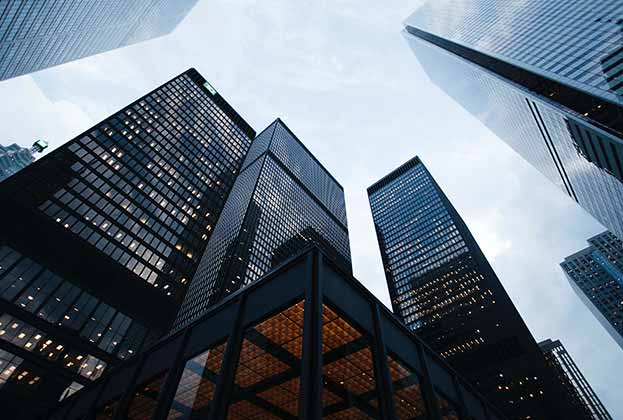
.jpg)
.jpg)
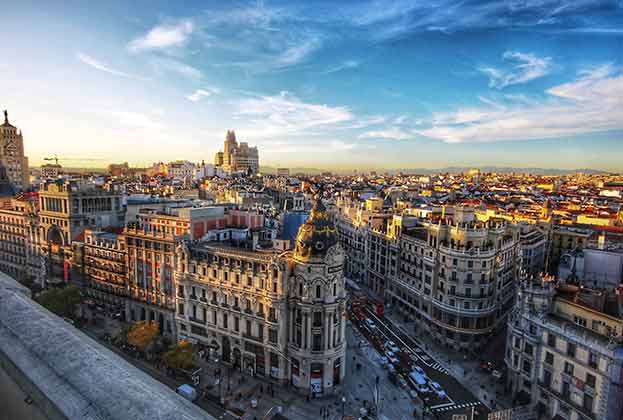
(1).jpg)
.jpg)